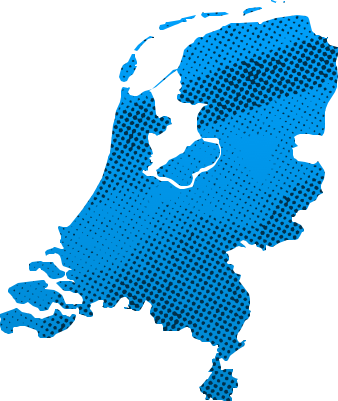
Volunteer statistics (ILO)*
Source: ILOSTATS. The data is collected by ILO from national statistical offices. As national statistics on volunteer work are produced using a variety of approaches and tools, direct and cross-country comparisons are not recommended. For more information, visit https://ilostat.ilo.org/topics/volunteer-work/
Total volunteering by gender
Direct volunteering by gender
Organization-based volunteering by gender
Measurement work
Data source
- 2007
- 2008
- 2009
- 2010
- 2011
-
2012
- Time Use Survey
- 2013
- 2014
-
2015
- Social Survey
-
2016
- Labour Force Survey
-
2017
- Social survey
- 2018
- 2019
- 2020
- 2021
- 2022
-
2023
- Labour Force Survey
- 2024
- 2025
- 2026
Laws, Policies, Schemes on Volunteering
Does the country have a piece of legislation on volunteering?
No data
Does the country have a national policy, scheme, plan or strategy specific to volunteering?
No data
Does the country have a sectoral and cross-sectoral policy, scheme, plan or strategy that mentions volunteering?
No data
VNR Reporting
Report on the implementation of the Sustainable Development Goals
View sourceVoluntary National Review on the Sustainable Development Goals
View sourceReporting positive contribution of volunteering to the SDGs
Paragraph 1, page 11
However, the majority of social services for vulnerable groups are provided by volunteer organisations which are largely funded through government grants.
Paragraph 2, page 36
The Netherlands ranks high on reducing poverty, holding the top spot in Europe, and also performs well internationally in reducing inequality (SDG 10) thanks to low income disparity and a high level of social cohesion and civic participation. In the new Leave-No-One-Behind (LNOB) Index in the Europe Sustainable Development Report, the Netherlands ranks sixth out of 31 European countries. However, wealth (as opposed to income) inequality is high in the Netherlands, compared to other European countries. People trust each other and the government, but in recent years they have been spending less time with family and friends or doing voluntary work.
Paragraph 3, page 63
The SDGs Commission has been active in engaging local stakeholders in society, including individuals, families and communities, interest organizations, and religious institutions, civil society, academia, the media, voluntary associations, the private sector, industry, parliament and higher councils of state in support of and to spur on their agency to actively contribute and drive SDG implementation.
Paragraph 4, page 67
Currently, with two coral nurseries that grows six different coral structure, the empowered youth volunteers, are planting corals, doing underwater clean-ups at popular beaches and give presentations to other kids creating a generation of environmentalists, conservationists and create more knowledge about marine life.
Paragraph 5, page 85
Dushi Challenge Kòrsou encouraged the community of Curaçao to grow their own sweet potatoes. Dushi Challenge Korsou organized the distribution of sweet potato cuttings together with a group of volunteers among residents of Curacao.
No mention